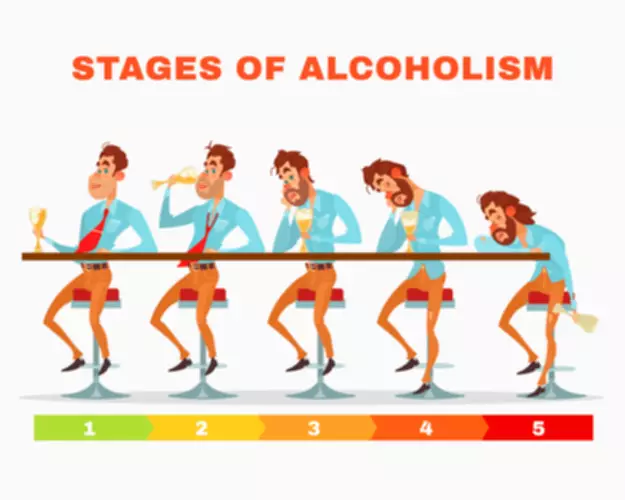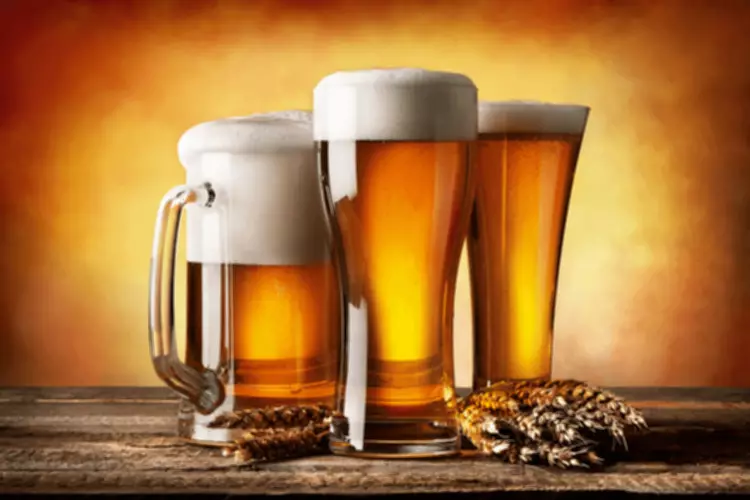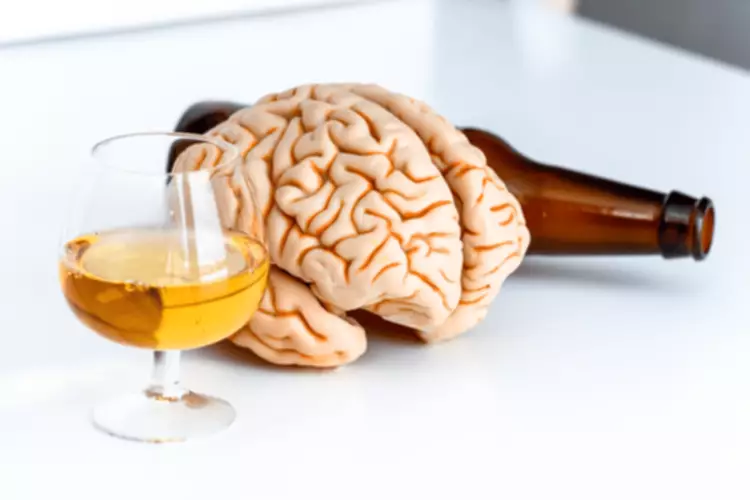
The way the brain rewards you for these behaviors motivates you why is alcohol addicting to continue doing them. Alcohol works on the same “feel-good” brain chemicals that reward you for those “human survival” activities, but alcohol releases more of them. With repeated alcohol abuse your brain starts prioritizing drinking right up there with eating, sleeping, sex, etc. It begins sending you messages that you need to drink alcohol “to survive.” These strong neurological associations with alcohol can make you do about anything to get alcohol or continue drinking. Substances or behaviors that trigger the brain’s reward circuits can lead to an inability to abstain from the addictive substance or behavior.
Impact on your health
- Addiction isn’t simply a lack of willpower or a moral failing—it’s a response to stress and disconnection.
- Outpatient treatment provides daily support while allowing the person to live at home.
- I would argue with some very low support for general addiction liability.
- Addictive behaviors often show patterns that connect across different substances.
- It turns out ethanol, the type of alcohol inside of adult beverages, is not addictive in and of itself.
Research suggests that genetics and environmental factors may both contribute to an individual’s risk of developing an addiction to alcohol. This section delves into the diverse factors contributing to alcohol addiction, encompassing genetic contributors, environmental influences, and mental health disorders. Alcohol can have a detrimental effect on impulse control and decision-making, thus increasing the likelihood of relapse.

How Does Addiction Develop in the Brain?

The final stage of alcoholism is when the person must drink regularly in order to avoid severe withdrawal symptoms. By the time a person reaches this stage, they are experiencing both physical and mental health deterioration—the outlook is bleak if they don’t get help. Addictive behaviors often show patterns that connect across different substances. Is there a unitary what is alcoholism dimension that links various substance use disorders? Alternatively, do addictive behaviors display a more heterogeneous pattern? Can this novel approach help with understanding certain consequences like social harm and risky behavior?

How Does Alcoholism Affect the Brain?

One consequence of alcohol addiction is impaired impulse control, leading to impulsive and hazardous behaviors, which can be considered as alcohol misuse. Environmental factors, such as social influences and advertising, can also contribute to alcohol addiction by normalizing and promoting alcohol consumption. Environmental factors, such as exposure to alcohol at a young age, can increase the risk of developing alcohol addiction later in life. Adolescents who begin drinking early are more likely to develop dependency due to the impact of alcohol on the developing brain.
- Consistent use of an addictive substance can change a person’s brain and body chemistry.
- This means just over one-fifth of those who consume alcohol will develop an addiction.
- They could involve completely distinct sets of processes, with drug consumption being one that clearly differentiates those two groups.
- Dopamine is a neurotransmitter, or chemical messenger, that plays a significant role in addiction.
- Over time, the brain starts to change in response to regular drinking.
What is a Functioning Alcoholic & What are the Risks?
People with conditions like depression, anxiety, trauma, or bipolar disorder may use alcohol to cope with their psychiatric symptoms. Understanding why alcohol is addictive involves exploring its impact on the brain’s reward system and its physical and psychological effects. Recognizing the signs of alcohol abuse and seeking timely treatment are vital steps toward recovery. Endorphins, like dopamine, play a significant role in alcohol addiction. These natural painkillers are released during alcohol consumption, leading to pleasurable sensations that can contribute to individuals becoming addicted to alcohol. The release of endorphins is one of the reasons why people drink alcohol – it makes them feel good, at least temporarily.
- Early intervention is crucial for successful treatment and recovery.
- The neurotransmitters and endorphins released act as a reward system for the brain.
- Likewise, social models may lack the precision needed to develop targeted interventions.
- In order for treatment to work, the person with an alcohol addiction must want to get sober.
- The stronger your foundation, the less appealing addiction becomes.
- Dopamine plays a pivotal role in alcohol addiction by activating the brain’s reward center and emphasizing drinking alcohol, an addictive substance, as necessary for survival.
- As individuals continue to drink alcohol over time, progressive changes may occur in the structure and function of their brains.
